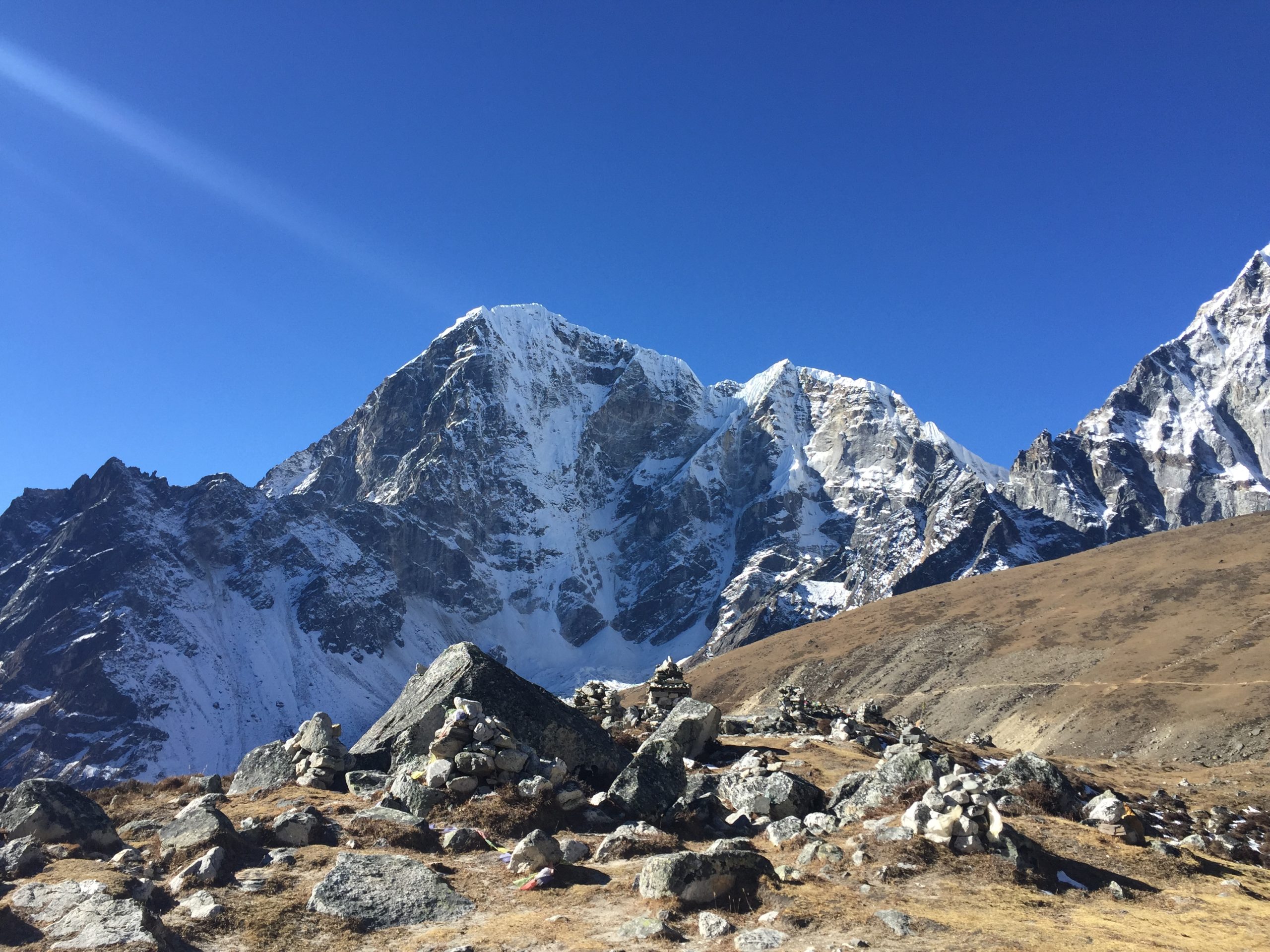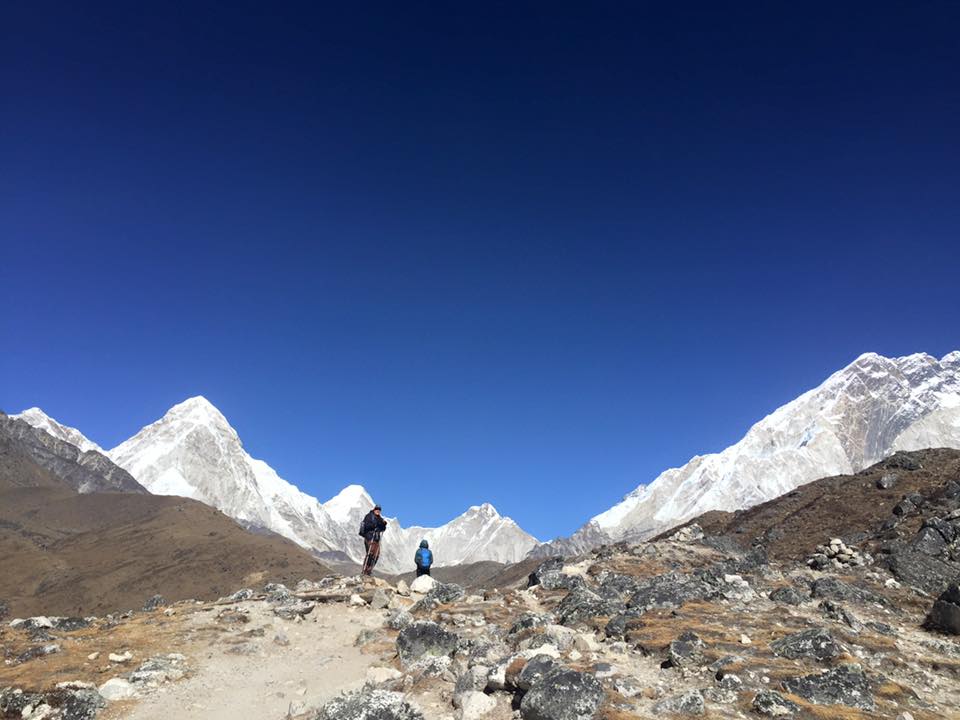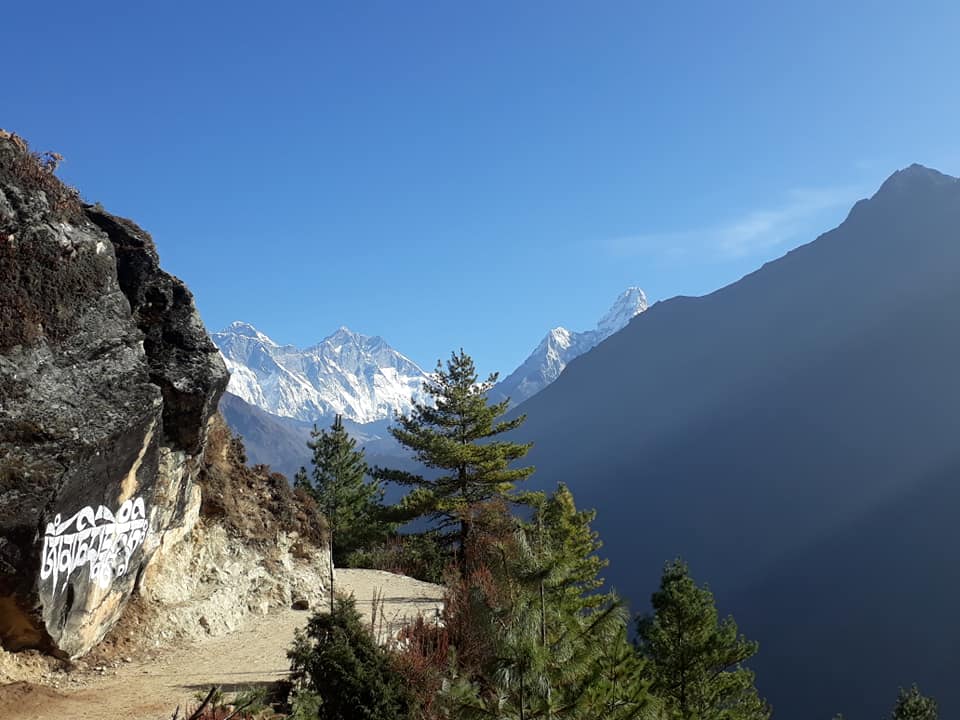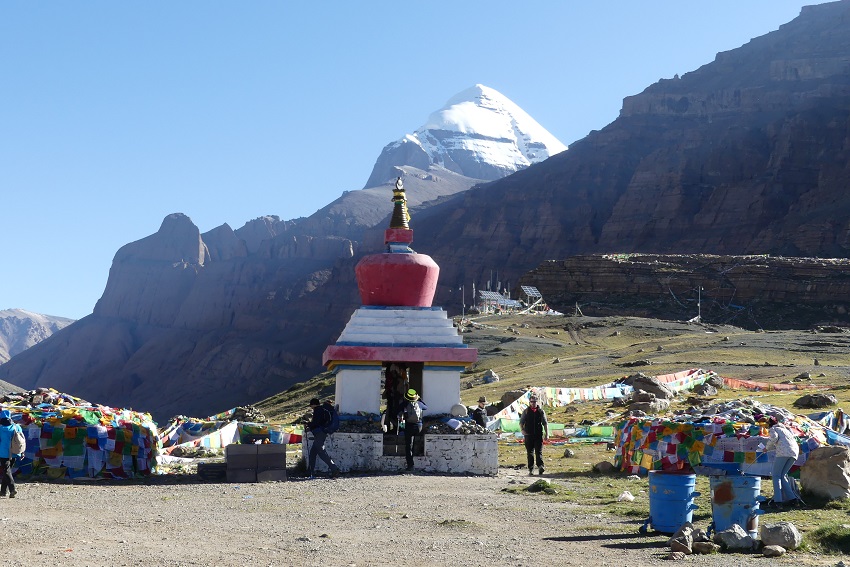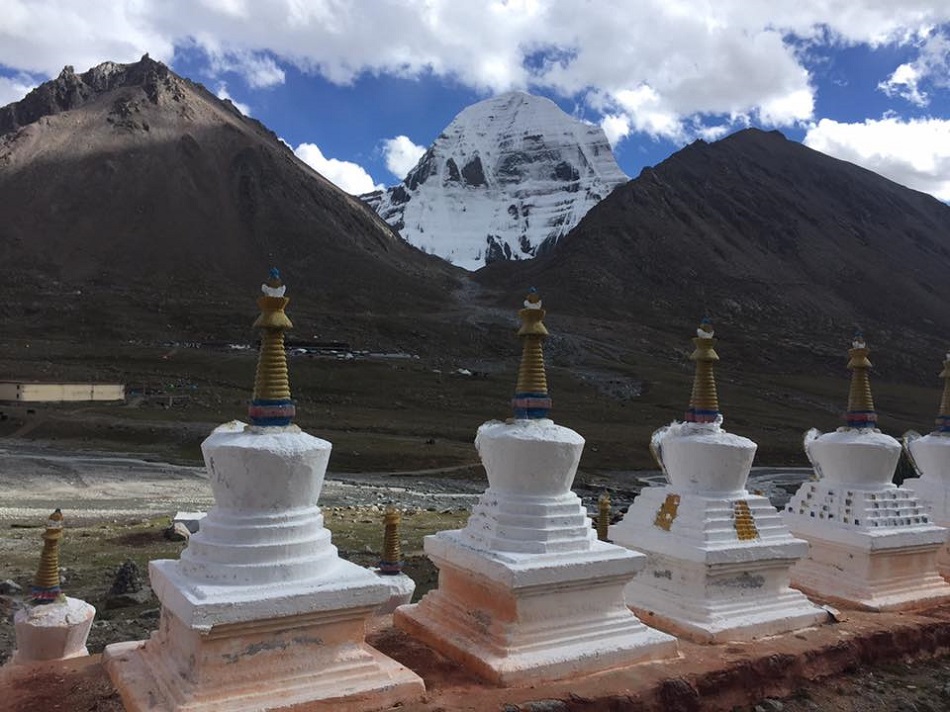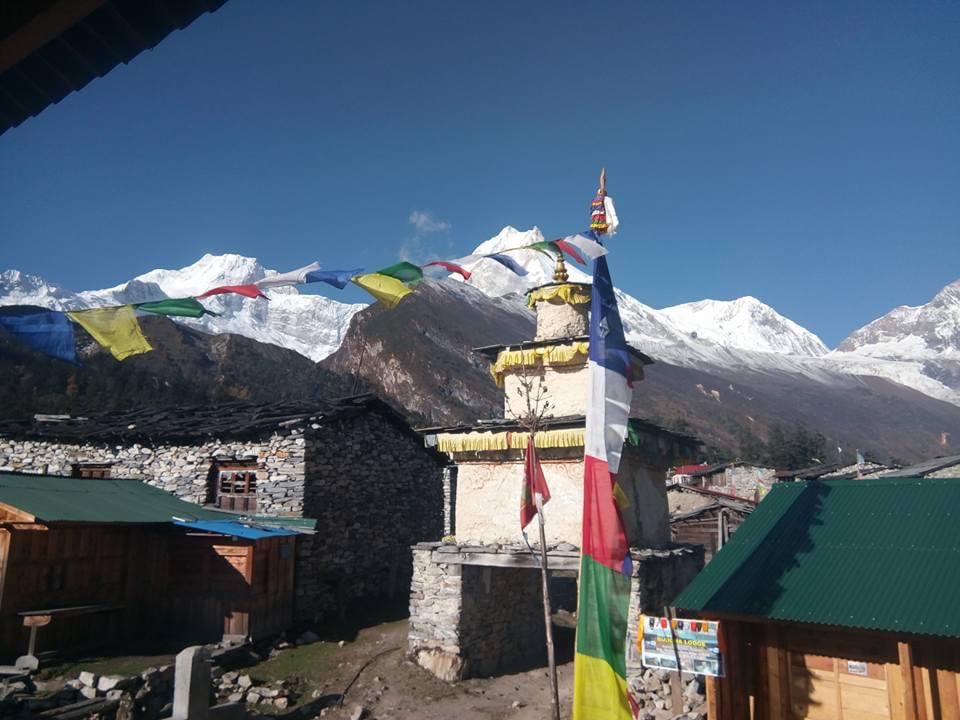The Everest Base Camp trek is one of the most popular and iconic trekking adventures in the world, located in the breathtaking Khumbu region of Nepal. This incredible journey takes trekkers to the foothills of Mount Everest, the highest peak on Earth, standing at an awe-inspiring 8,848 meters (29,029 feet). The trek offers a mesmerizing blend of majestic Himalayan vistas, serene landscapes, and a chance to immerse in the unique Sherpa culture.
-
Jeep, Airlines
-
Standard Hotels and Lodge
-
5364 metres
-
Kathmandu
-
March to ,May and Oct to December
-
Eco-Tour, Hiking, Trekking
-
All meals during the trek
-
English,
-
Easy to Moderate
-
2-10
-
12
-
65
Itinerary
Welcome to Kathmandu, the capital city of Nepal. Upon arrival, our representative will greet you at the airport and transfer you to our hotel Sherpa Home Hotel near Swayambhu Stupa the world heritage sites.
Today, we will explore the cultural and historical landmarks of Kathmandu. Visit UNESCO World Heritage Sites such as Swayambhunath Stupa, Boudhanath Stupa. In the afternoon, our trekking guide will conduct a briefing about the trek and help you with the necessary preparations.
Fly to Lukla, a thrilling 35-minute flight offering stunning views of the Himalayas. Upon arrival, meet our trekking crew and commence the trek to Phakding. The trail descends through picturesque landscapes and crosses suspension bridges over the Dudh Koshi River.
Continue along the Dudh Koshi River, passing through lush forests and charming Sherpa villages. Cross the Hillary Suspension Bridge and ascend steeply to Namche Bazaar, the vibrant hub of the Everest region.
Today is an acclimatization day to help your body adjust to the high altitude. Explore the bustling streets of Namche Bazaar, visit the Sherpa Museum, and enjoy panoramic views of Everest, Ama Dablam, and other peaks from the nearby viewpoints.
The trail climbs uphill and offers breathtaking views of the Himalayan range. Pass through rhododendron forests and reach Tengboche, home to the famous Tengboche Monastery, a spiritual center for Sherpas.
Descend through lush forests and cross the Imja Khola. The trail then gradually ascends to Dingboche, a picturesque village surrounded by mountains.
Another acclimatization day to ensure your body adjusts well to the altitude. Hike to Nagarjun Hill for stunning views of Everest, Lhotse, Makalu, and other peaks.
The trek leads to Dughla and further to Lobuche, offering mesmerizing views of Nuptse and other neighboring peaks.
Trek to Gorak Shep, the last settlement before Everest Base Camp. After a short rest, continue the journey to Everest Base Camp, where climbers prepare for their ascent. Marvel at the majestic Khumbu Icefall and surrounding peaks. Return to Gorak Shep for overnight stay.
Early morning hike to Kala Patthar for breathtaking sunrise views of Everest and the Himalayan range. Descend to Pheriche, enjoying incredible mountain landscapes.
Trek back to Namche Bazaar, retracing your steps through beautiful landscapes and Sherpa villages.
The final trekking day leads you back to Lukla, where you can celebrate the successful completion of your Everest Base Camp adventure with your trekking companions.
Take an early morning flight back to Kathmandu. Upon arrival, transfer to your hotel. The rest of the day is free for leisure, allowing you to relax or explore more of Kathmandu.
Bid farewell to the majestic Himalayas as you conclude your memorable Everest Base Camp trekking adventure. Our representative will transfer you to the airport for your departure flight.


